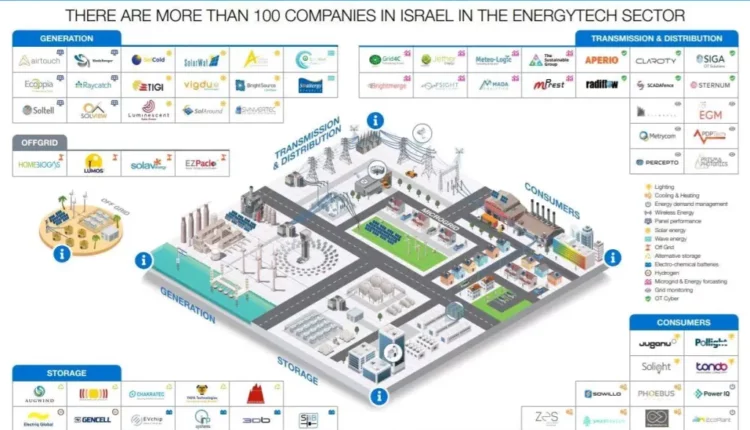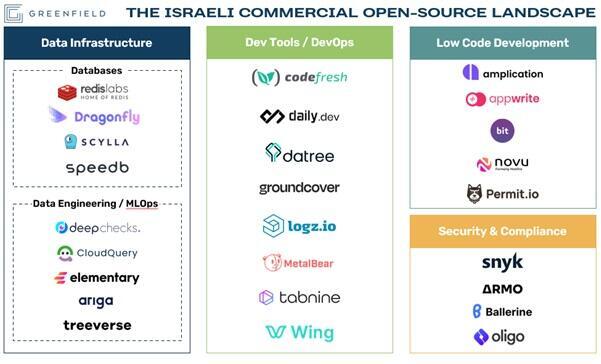©2021 Reporters Post24. All Rights Reserved.
While open source software has been around for decades, recent years have ushered in a new era of Commercial Open Source (COSS) companies – businesses generating billions of dollars in revenue on top of an open source core. This success has not gone unnoticed in Startup Nation, where a new wave of Israeli open source companies is taking shape.
The concept of open source software can be traced back to the early days of computing when software was often shared and distributed freely among users. This was the case with many early operating systems and other software programs, which were often developed and maintained by a community of users who shared and improved upon the code.



